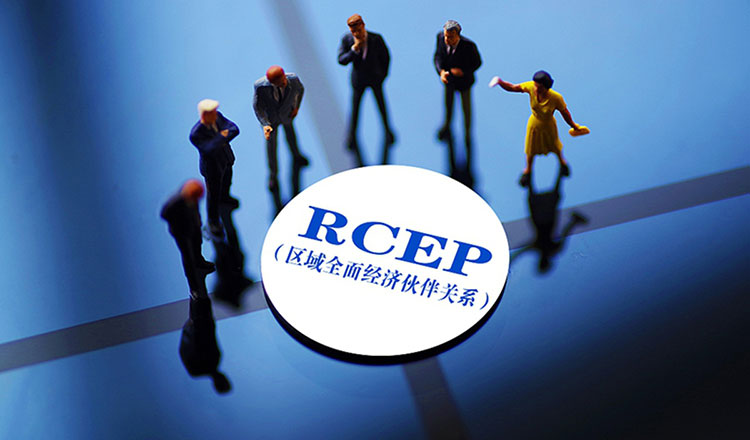Cambodia: RCEP strengthens global value chains, says PM
Lauding the Regional Comprehensive Economic Partnership (RCEP), Cambodian Prime Minister Hun Sen said it has strengthened the global value chains and protected the multilateral free trade system.
The world is facing uncertainty due to the war in Ukraine, climate change, geographical situation, and trade and technology war, the Prime Minister said during the 10th anniversary of the ASEAN agreement yesterday.
These factors caused complexities and chaos to the regional and global development in the short-and medium-term, he pointed out. “RCEP is an important mechanism and a strategy that demonstrates our unwavering commitment to safeguarding the rule-based multilateral free trade system, maintaining economic openness, and upholding a spirit of cooperation,” the premier said.
The RCEP agreement marked ten years as it began negotiation in 2012 at the 21th ASEAN Summit in Phnom Penh and the deal entered into force when Cambodia was the ASEAN Chair.
He said RCEP has great potential to address major challenges such as strengthening global value chain, accelerating digitalization, mitigating the adverse impacts of climate change, and counteracting the tendencies of anti-globalization and protectionism.
“It has a crucial role in maintaining the prosperity and political stability in the region by promoting key roles of strengthening economic integration and enhancing existing institutional mechanisms in fostering high-level dialogues as well,” he said.
A full-pledged implementation of RCEP will boost Cambodia’s GDP growth at around 2 percent to 3.8 percent, exports between 9.4 percent to 18 percent, job opportunities increase by 3.2 percent to 6.2 percent annually, and tax revenue increase by 2 percent to 3.9 percent per annum while the overall investment could increase by around 23.4 percent.
“Despite being a less developed country, Cambodia is a highly open country which strongly values rule-based multilateral systems and regional and global economic integration which overall is aligned with the objectives of the RCEP agreement,” he said.
Taking into force early this year, RCEP comprises 15 Asia-Pacific countries including 10 ASEAN member states — Brunei, Cambodia, Indonesia, Laos, Malaysia, Myanmar, the Philippines, Singapore, Thailand and Vietnam — and their five trading partners, namely China, Japan, South Korea, Australia and New Zealand.
Being the world’s largest trade bloc, RCEP established a market of 2.2 billion people or 30 percent of the world population with a combined gross domestic product (GDP) of $26.2 trillion, which represents around 30 percent of global GDP and 28 percent of global trade.
Currently, two of its RCEP member states are proceeding internal procedures and ratification of the deal to implement it fully, Penn Sovicheat, under-secretary of state of the Ministry of Commerce, told Khmer Times yesterday.
Sovicheat said a few countries have expressed their interest to join as members in the mega agreement.
Sovicheat said RCEP has boosted exports remarkably, significantly contributing to Cambodia’s economic recovery.
Source: https://www.khmertimeskh.com/501178748/rcep-strengthens-global-value-chains-says-pm/


 English
English




